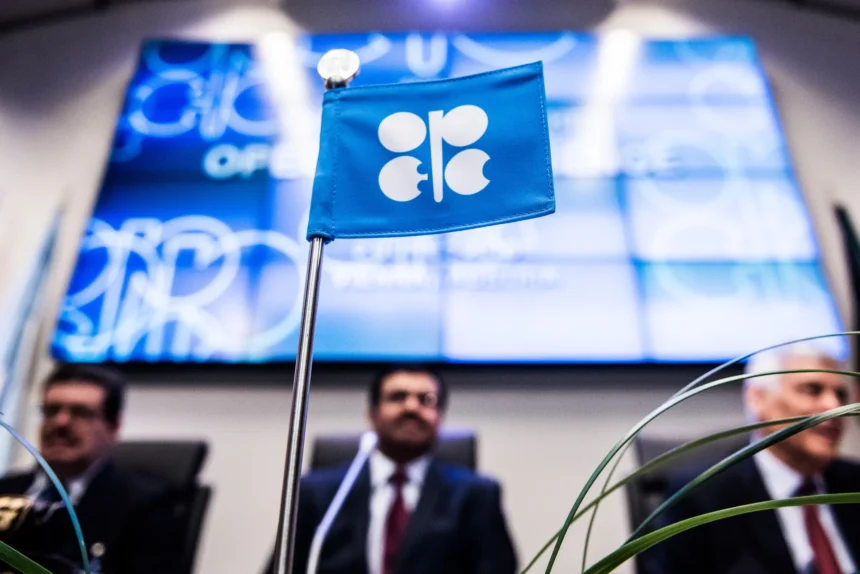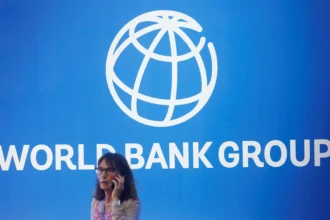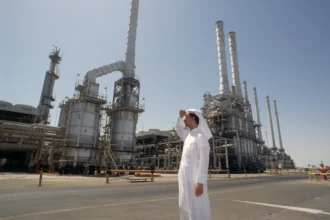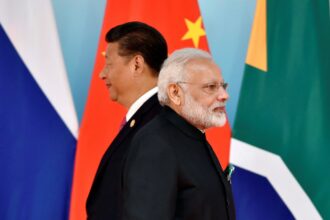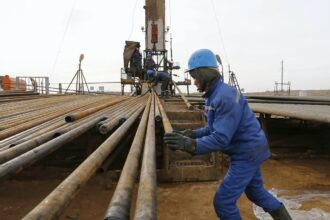Kazakhstan, as one of the world’s significant oil producers, occupies a unique position in the global energy landscape. While it is not a full member of the Organization of the Petroleum Exporting Countries (OPEC), Kazakhstan participates in OPEC+ agreements—a collaboration between OPEC and other major oil-producing nations to coordinate production levels and stabilize oil markets. This relationship raises an important question: is Kazakhstan treated fairly within this framework?
Kazakhstan’s Role in OPEC+
Kazakhstan joined OPEC+ in 2017 as part of a broader coalition that includes Russia and several other non-OPEC producers. Through OPEC+, Kazakhstan agrees to coordinated production cuts or increases to help manage global oil supply and support stable prices. This cooperation allows Kazakhstan to have a voice in decisions that affect the global oil market without the full obligations or voting rights of OPEC members.
Challenges Faced by Kazakhstan
Despite being a key player, Kazakhstan sometimes faces challenges in balancing its national interests with the demands of the OPEC+ coalition. Production quotas and cutbacks mandated by OPEC+ can strain Kazakhstan’s economy, which heavily depends on oil revenues. Some critics argue that Kazakhstan’s interests are overshadowed by the larger powers in the group, particularly Russia and Saudi Arabia, who wield more influence in setting production targets.
Fairness and Influence
Kazakhstan’s influence within OPEC+ is limited compared to the core OPEC members, mainly due to its non-member status. While it benefits from the coordinated market management and price stabilization efforts, it lacks the formal voting rights and leadership roles that full OPEC members enjoy.
This dynamic sometimes leads to perceptions of unequal treatment, especially when Kazakhstan must adhere to production cuts that impact its economy more heavily than some larger producers.
Recent Developments
In recent years, Kazakhstan has worked to assert its position more firmly within OPEC+ discussions. It has sought flexibility in meeting production targets, especially when domestic economic pressures mount. The country also continues investing in expanding its oil production capacity to maintain its role as a reliable supplier.
Conclusion
Kazakhstan plays an important but complex role within the OPEC+ framework. While it gains from coordinated production policies and global market stability, its limited influence compared to full OPEC members raises questions about fairness. As Kazakhstan continues to develop its energy sector, balancing national interests with coalition commitments will remain a critical challenge in ensuring it is treated equitably within the global oil governance structure.

